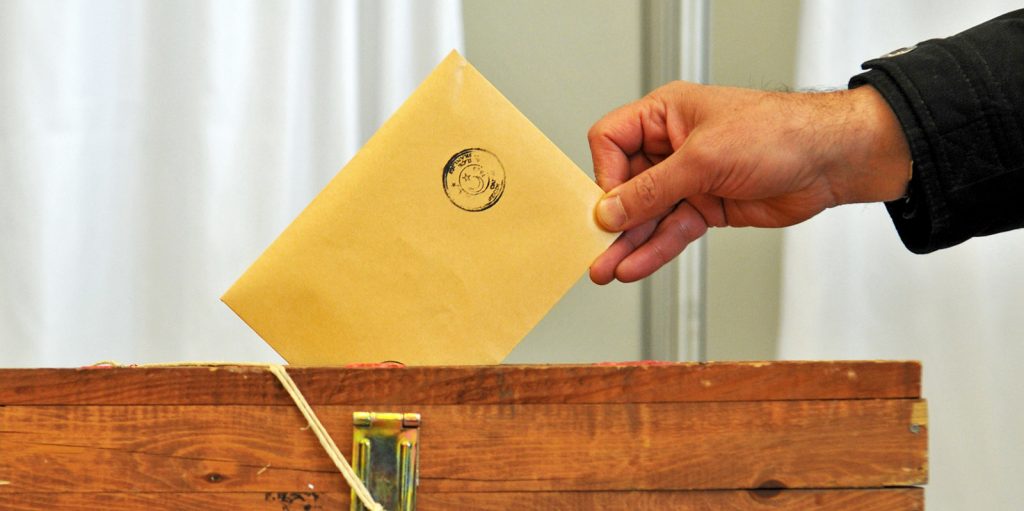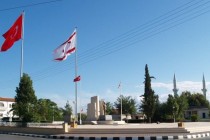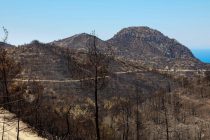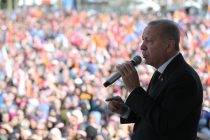Turkish Cypriots head to the polls today to elect a new government. Opinion polls are predicting a tight race with no outright winner from the general elections, that is likely to result in fresh coalition rule for the Turkish Republic of Northern Cyprus (TRNC).
Fifty seats are up for grabs in the TRNC Parliament: 16 in the capital Lefkoşa, 13 in Gazimağusa, 10 in Girne, 5 in İskele, 4 in Güzelyurt, and 2 seats in Lefke.
The TRNC General Election is being contested by eight parties, who between them have put up 379 candidates, with eight people standing as independents. Collectively, they cover a diverse political spectrum of views, from left to right wing, as well as those who are pro-unification with South Cyprus, set against those wanting closer ties with Turkey.
The campaign, falling across the New Year period, has been pretty lacklustre. However, one important development has been a new compulsory representation rule forcing all TRNC political parties to field more female candidates. From this General Election onwards, women must account for at least 30% of all party candidates.
A total of 190,551 people are eligible to vote in the elections, a rise of over ten thousand voters from the last time Turkish Cypriots went to the polls: in 2015, the electorate for the Presidential Elections numbered 178,980.
The significant increase in the electorate has caused controversy among the parties, with left-wing groups accusing incumbent centre-right UBP-DP coalition partners of giving away citizenship to people from Turkey in exchange for votes. Both the UBP (Ulusal Birlik Partisi / National Unity Party) and DP (Demokrat Partisi / Democrat Party) vehemently deny the claims.
Voters have the chance to cast their vote for individual candidates, or a block vote for the party of their choice, or a mixture of the two. Parties need to receive at least 5% of the vote nationally to have their candidates elected to Parliament.
Polling booths will be open from 8am to 6pm on Sunday 7 January. A total of 2,157 people will be on duty for the 719 polling centres across the country. Results are likely to be known on the same night.




